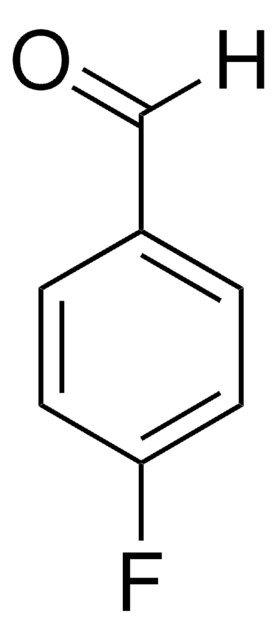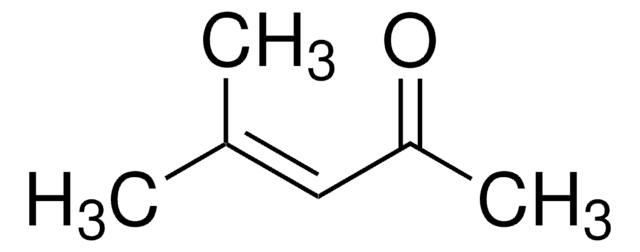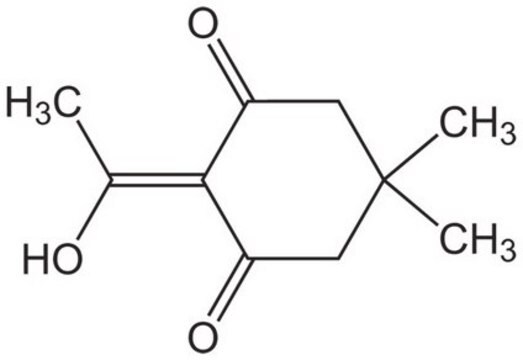D153303
5,5-Dimethyl-1,3-cyclohexanedione
95%
Synonym(s):
Dimedone, Methone
Sign Into View Organizational & Contract Pricing
All Photos(2)
About This Item
Linear Formula:
(CH3)2C6H6(=O)2
CAS Number:
Molecular Weight:
140.18
Beilstein:
471489
EC Number:
MDL number:
UNSPSC Code:
12352100
PubChem Substance ID:
NACRES:
NA.22
Recommended Products
Quality Level
Assay
95%
form
powder
mp
146-148 °C (lit.)
SMILES string
CC1(C)CC(=O)CC(=O)C1
InChI
1S/C8H12O2/c1-8(2)4-6(9)3-7(10)5-8/h3-5H2,1-2H3
InChI key
BADXJIPKFRBFOT-UHFFFAOYSA-N
Looking for similar products? Visit Product Comparison Guide
Application
Part of furannulation strategy for the synthesis of naturally occurring fused 3-methylfurans.
Storage Class Code
11 - Combustible Solids
WGK
WGK 2
Flash Point(F)
Not applicable
Flash Point(C)
Not applicable
Personal Protective Equipment
dust mask type N95 (US), Eyeshields, Gloves
Choose from one of the most recent versions:
Already Own This Product?
Find documentation for the products that you have recently purchased in the Document Library.
Customers Also Viewed
The Journal of Organic Chemistry, 58, 3960-3960 (1993)
Katie E Crump et al.
European journal of immunology, 42(8), 2152-2164 (2012-06-08)
B-cell receptor (BCR) ligation generates reactive oxygen intermediates (ROIs) that play a role in cellular responses. Although ROIs can oxidize all macromolecules, it was unclear which modifications control B-cell responses. In this study, we demonstrate the importance of the first
S N Lavergne et al.
The Journal of pharmacology and experimental therapeutics, 331(2), 372-381 (2009-08-12)
Antigen-presenting cells (APC) are thought to play an important role in the pathogenesis of drug-induced immune reactions. Various pathological factors can activate APC and therefore influence the immune equilibrium. It is interesting that several diseases have been associated with an
Kimberly J Nelson et al.
Methods in enzymology, 473, 95-115 (2010-06-02)
Reversible thiol modification is a major component of the modulation of cell-signaling pathways by reactive oxygen species. Hydrogen peroxide, peroxynitrite, or lipid hydroperoxides are all able to oxidize cysteines to form cysteine sulfenic acids; this reactive intermediate can be directly
Chananat Klomsiri et al.
Methods in enzymology, 473, 77-94 (2010-06-02)
Sulfenic acids, formed as transient intermediates during the reaction of cysteine residues with peroxides, play significant roles in enzyme catalysis and regulation, and are also involved in the redox regulation of transcription factors and other signaling proteins. Therefore, interest in
Our team of scientists has experience in all areas of research including Life Science, Material Science, Chemical Synthesis, Chromatography, Analytical and many others.
Contact Technical Service
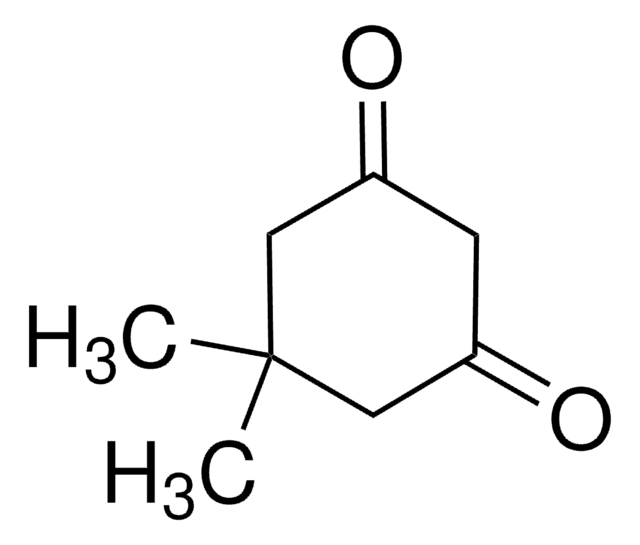

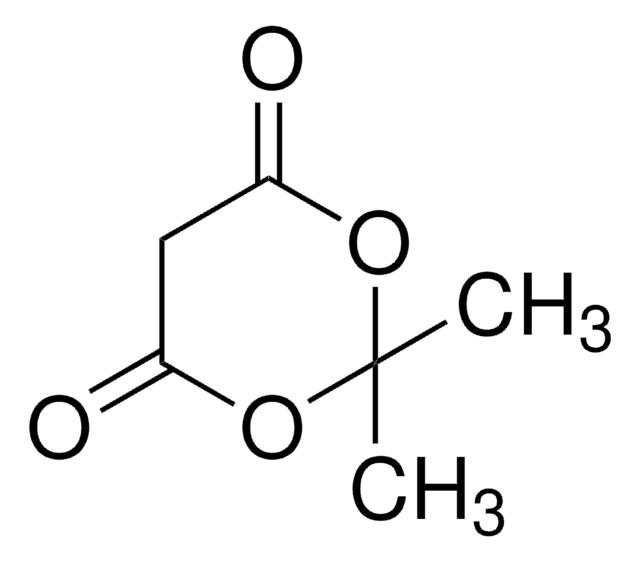

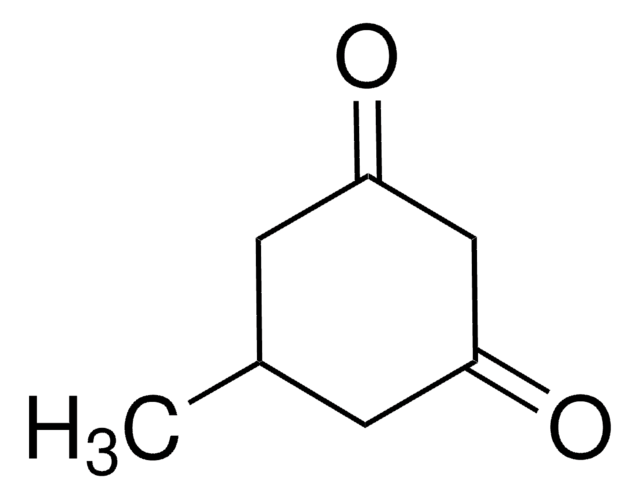
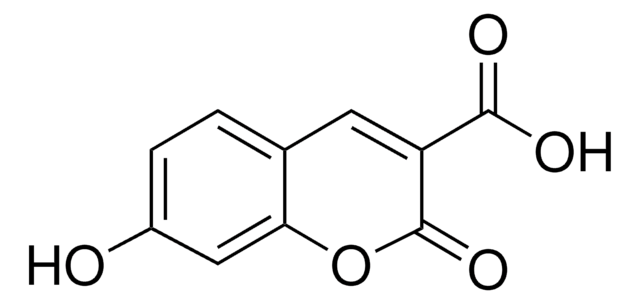
![1-Chloromethyl-4-fluoro-1,4-diazoniabicyclo[2.2.2]octane bis(tetrafluoroborate) >95% in F+ active](/deepweb/assets/sigmaaldrich/product/structures/206/487/53d52ee5-ef71-4e9a-9bc8-938b68b98d5d/640/53d52ee5-ef71-4e9a-9bc8-938b68b98d5d.png)
